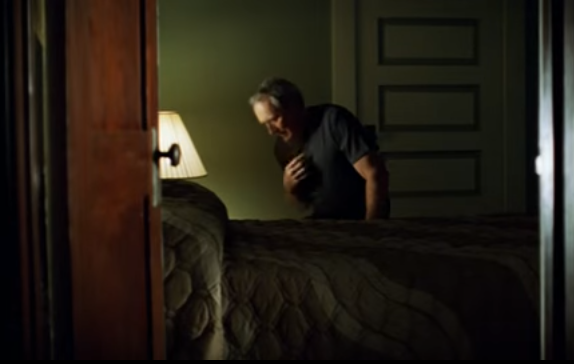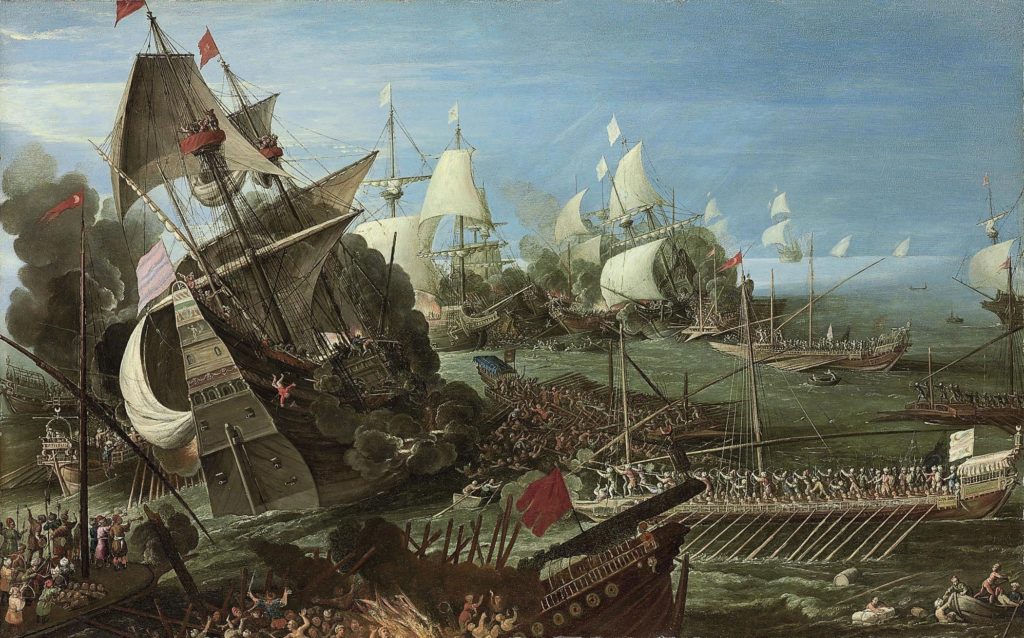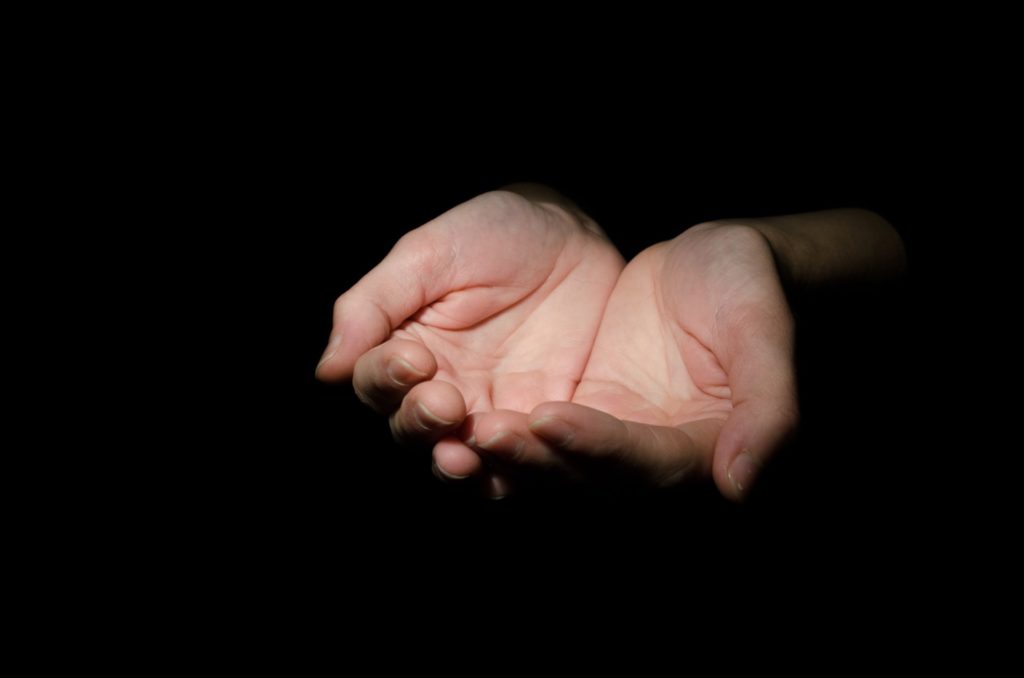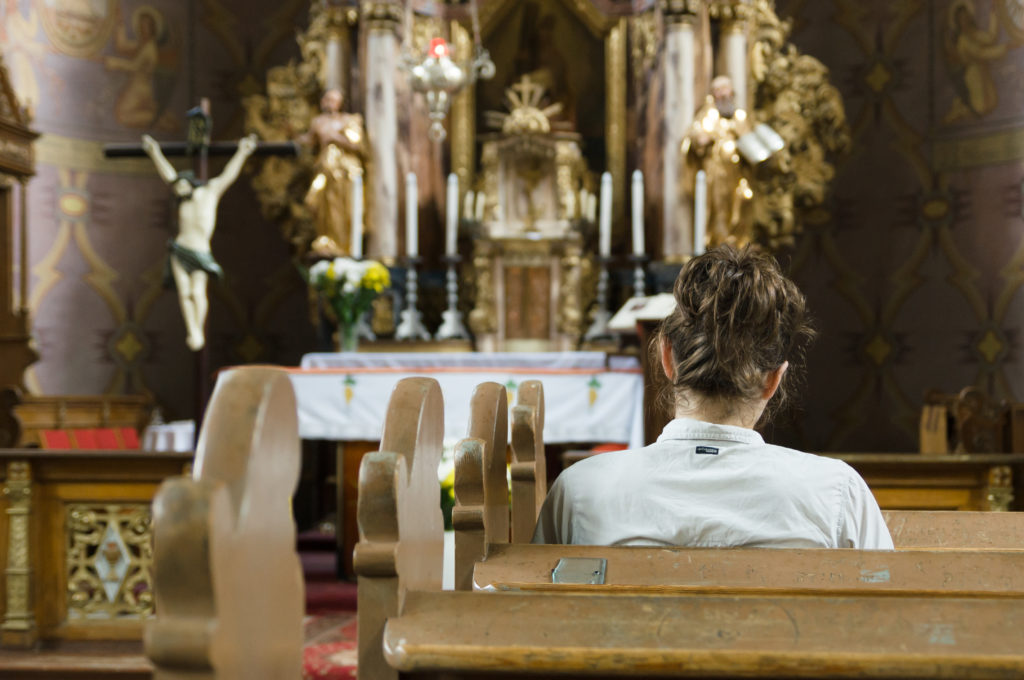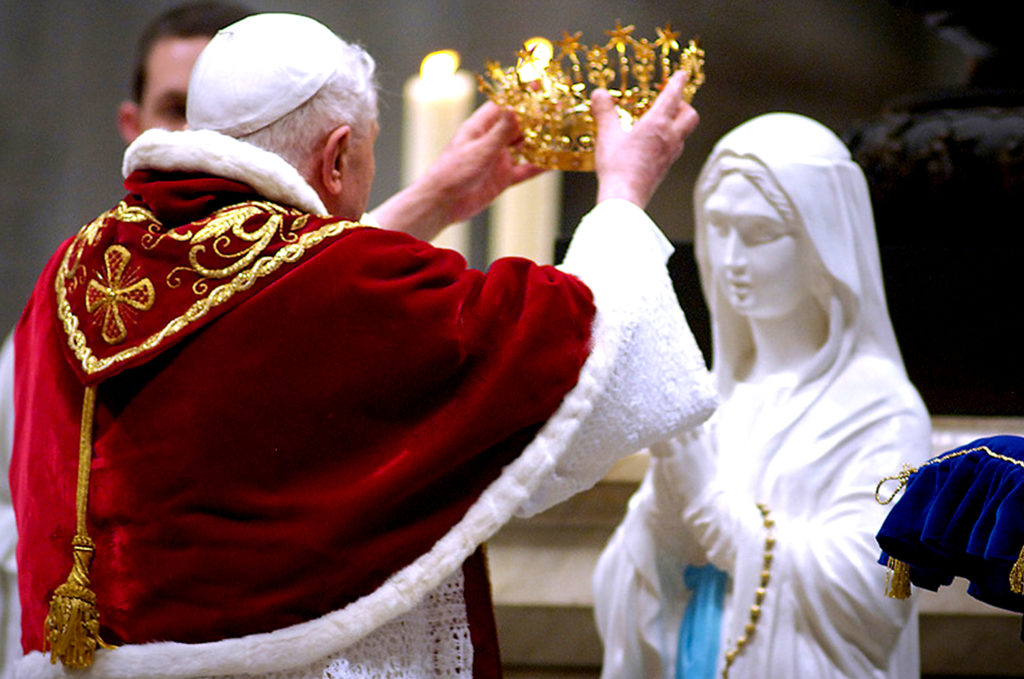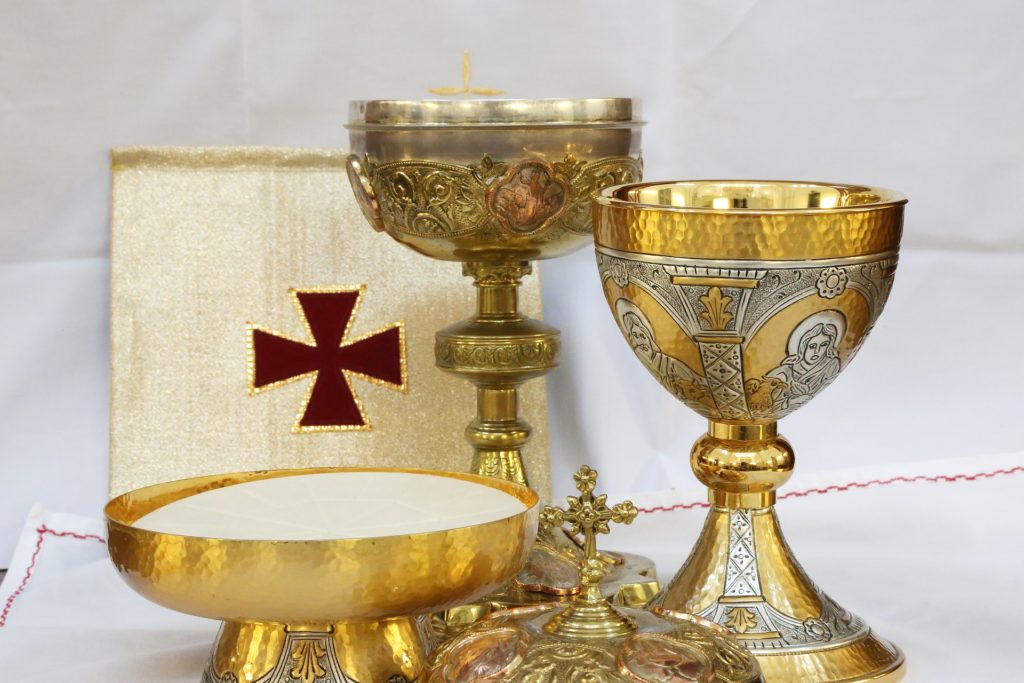Speak Up! — What Rosary Prayer Teaches Us About Stating Intentions
Do you remember one of the early scenes in Million Dollar Baby where Client Eastwood’s character kneels in prayer next to his bed? He says something to the extent, “Lord, you know what I want, there’s no use in me repeating myself.” Boy, how often can I relate to that sentiment! I sometimes think to […]
Speak Up! — What Rosary Prayer Teaches Us About Stating Intentions Read More »

